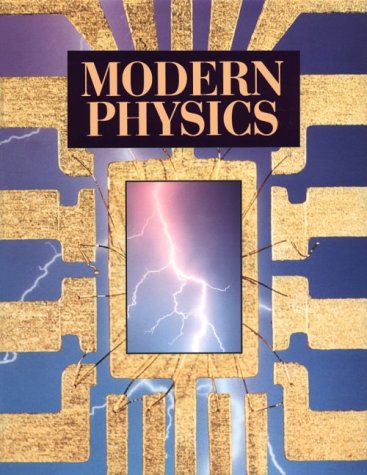


John’s College in Palayamkottai in 1878 and the American College in Madurai in 1881, the TNCEA said these colleges were initially funded by the State. Pointing out that the Christian community had entered into the realm of higher education too at the earliest with the establishment of Madras Christian College in 1837, St. It further made several suggestions with respect to educating the differently abled, the migrant children of Sri Lankan Tamil ethnicity and so on. TNCEA also suggested abolition of board examinations till Class X and insisted on introducing a Comprehensive and Continuous Evaluation (CCE) system to assess the learning abilities of a student. The tendency to move away from the State Board to other streams like CBSE, ICSE, Cambridge International, etc., has to be discouraged and the common school system of public education has to be strengthened,” the suggestions read. “The present system of 5+5+2 in school education can be 2+5+5+2 including pre-school education. In order to salvage the situation, the association urged that SEP-TN must insist that the government ensures 100% Gross Enrolment Ration by increasing the number of government and aided schools in the neighbourhood and extends all welfare schemes, including nutritious meal and breakfast, up to Class XII in aided schools too. “Ultimately, public schools became the preserve of the poor and came to be perceived as inferior in quality,” TNCEA lamented.

However, after 1980, the government allowed mushrooming of private matriculation schools and caused irreparable damage not only to the concept of imparting education to all without any discrimination but also to imparting education in mother tongue. Having been totally non-commercial, the Christian missionaries had opened the avenues of modern and secular education to all. The Department of Public Instruction (DPI) was established in 1851 and the grant-in-aid scheme was introduced in 1855.Īt present, there were more than 37,200 government schools and 8,400 government-aided private schools in the State and the Catholic church as well as the Church of South India had a network of around 5,000 of the aided schools. George Anglo-Indian School in Chennai, established in 1715, was the first public school in the country, the association said, British administrator Sir Thomas Munro established the Board of Public Instruction in 1826. “The more that education is privatised, lesser the control of the government and farther it will be from the reach of the poor,” the TNCEA warned. Role of non-State actors should only be in addition to and supplemental to the contribution of the State and not as a substitute for the same. The primary source of funding for education should be from the public exchequer. Xavier Arulraj, a designated senior counsel in the High Court. George Antonysamy, president of Tamil Nadu Bishops’ Council and TNCEA, handed over the suggestions to the former judge, according to Fr. The suggestion has been made to the SEP-TN formulation committee headed by retired Delhi High Court Chief Justice D. Index.The Tamil Nadu Catholic Educational Association (TNCEA) has stressed that the proposed State Education Policy for Tamil Nadu (SEP-TN) should concentrate on strengthening and expanding the network of government as well as government-aided private educational institutions and discourage commercialisation of education by self-financing institutions. MOLECULAR, STATISTICAL, AND SOLID STATE PHYSICS. Wave Functions of the Hydrogen-Like Atom. More One-Dimensional Applications of the SWE. Relativistic Length, Times and Velocities.


 0 kommentar(er)
0 kommentar(er)
